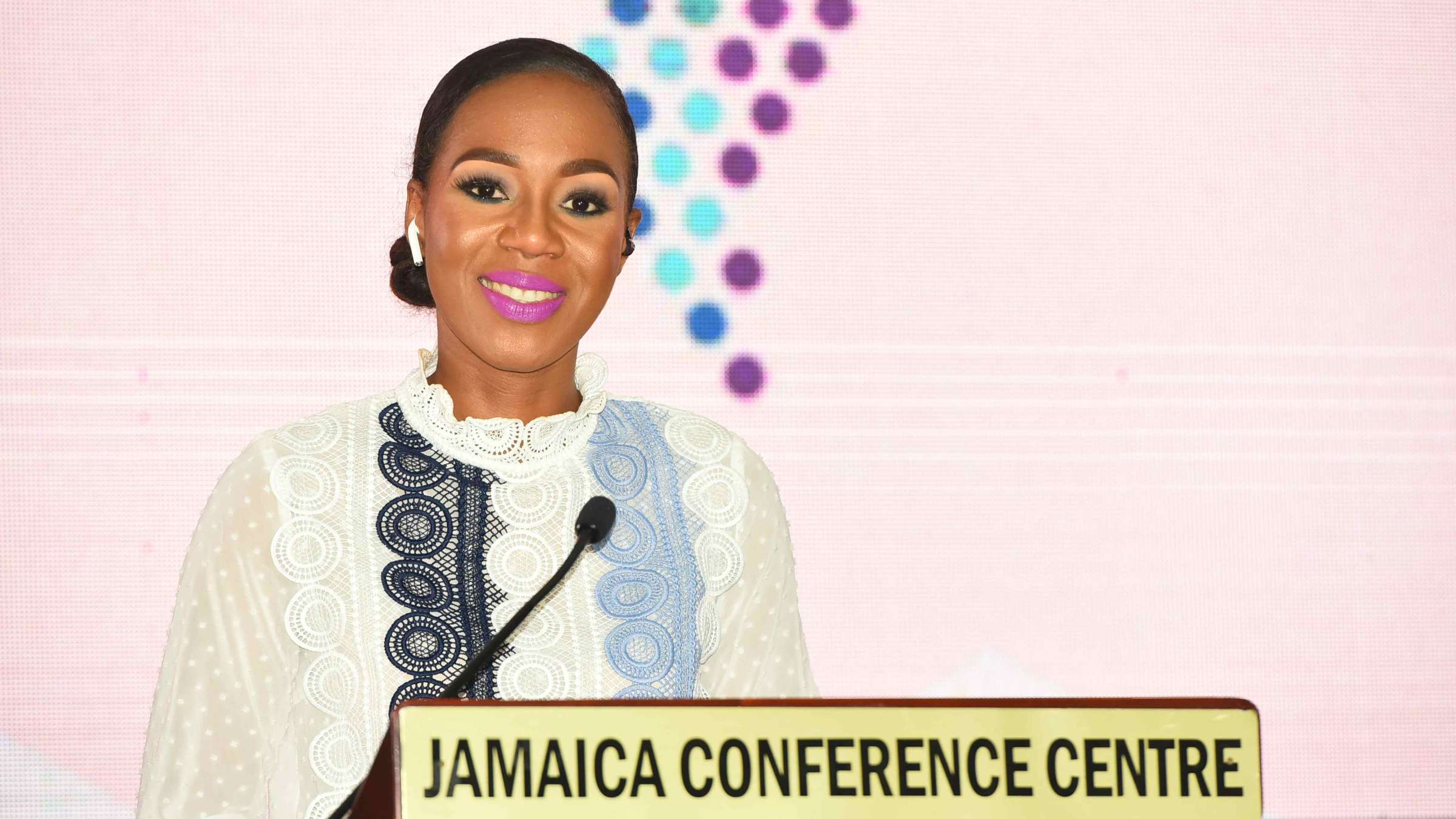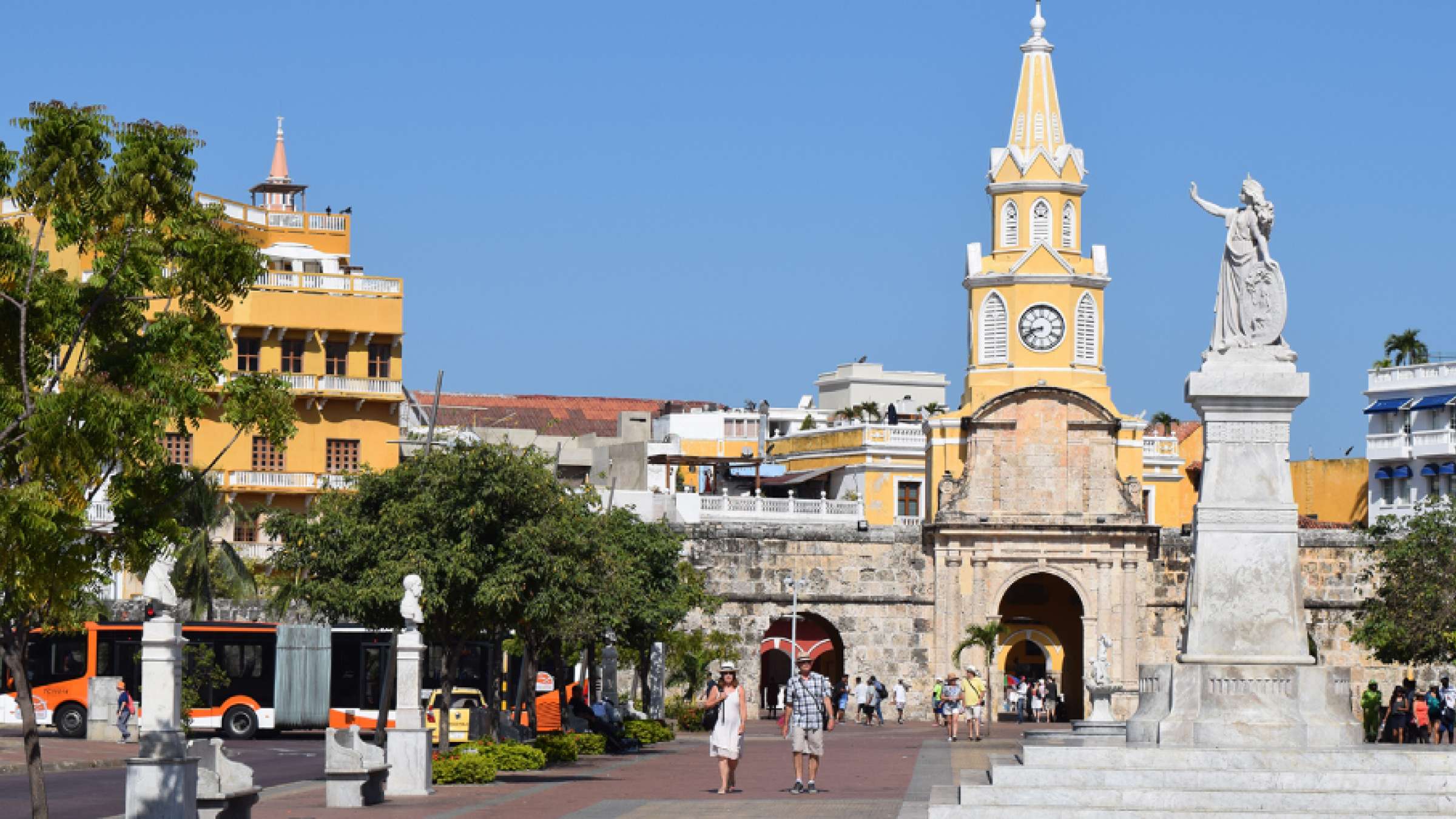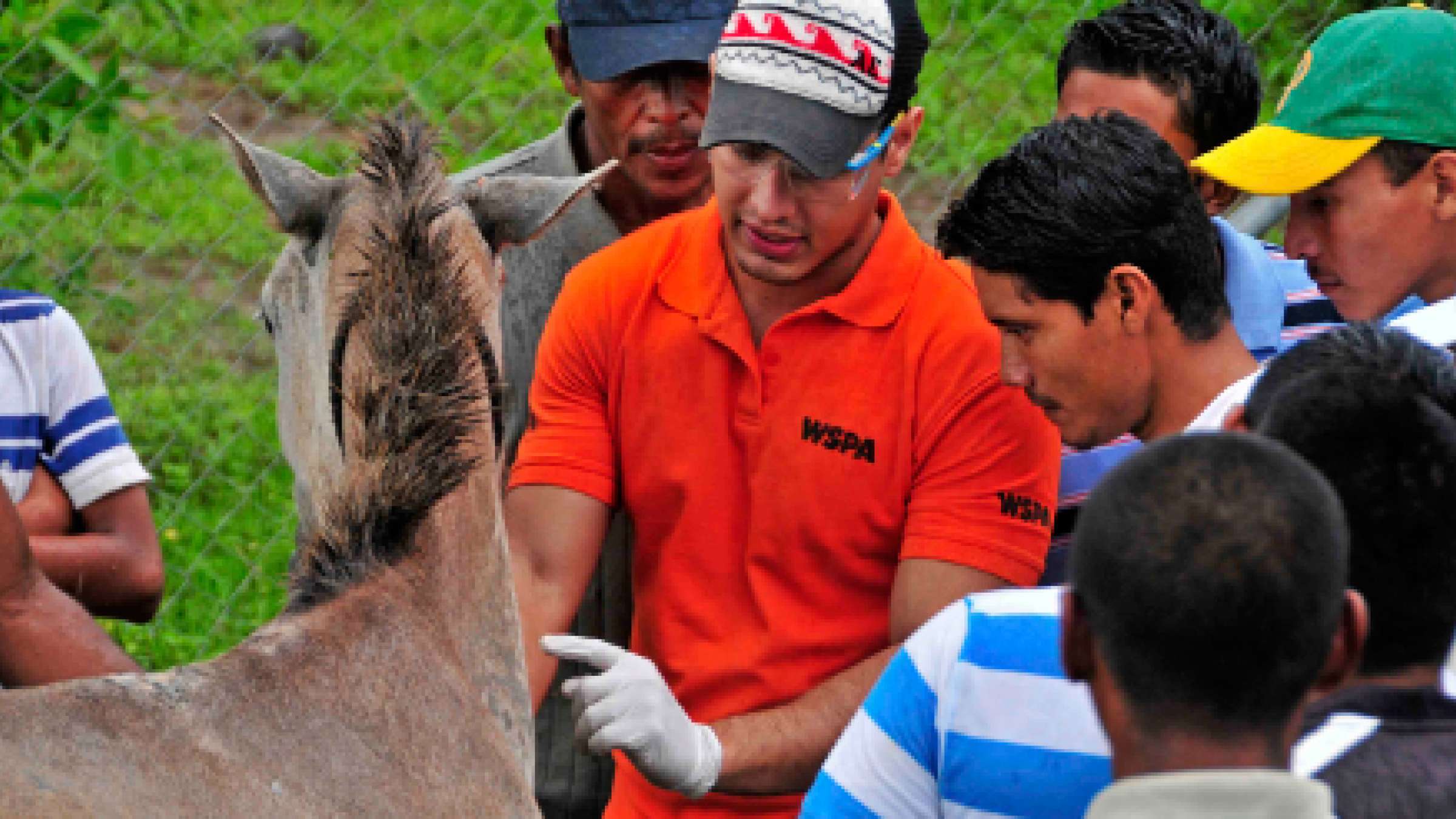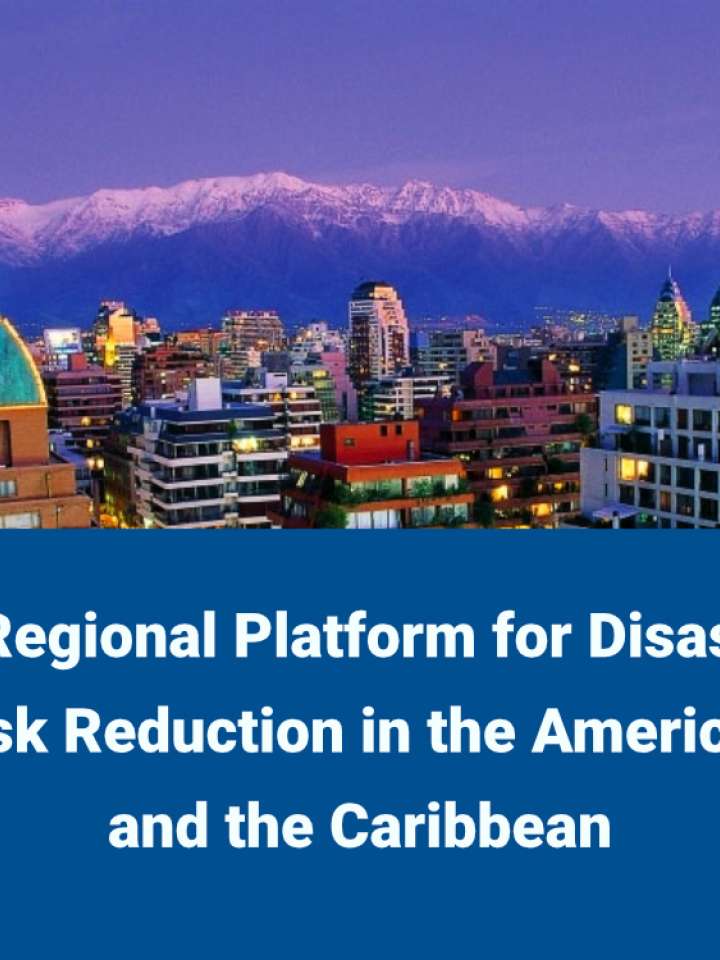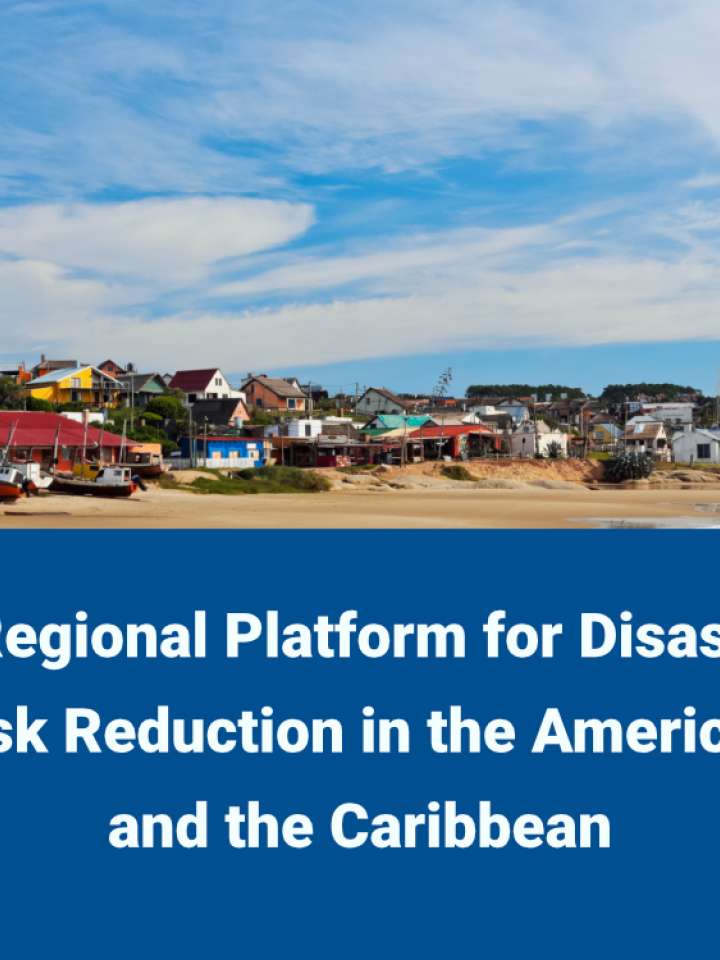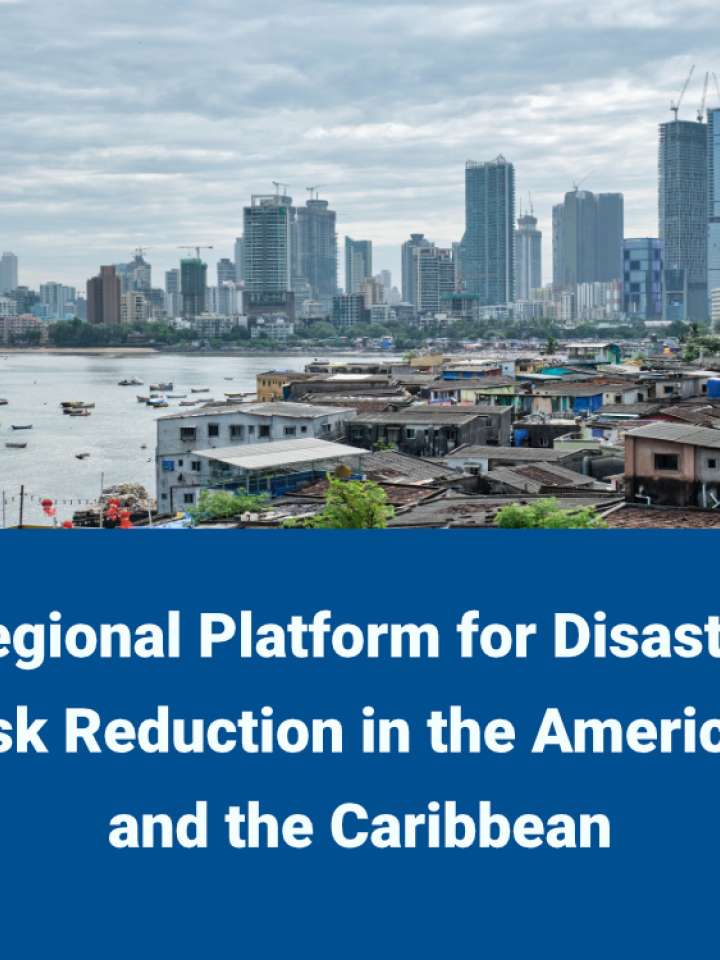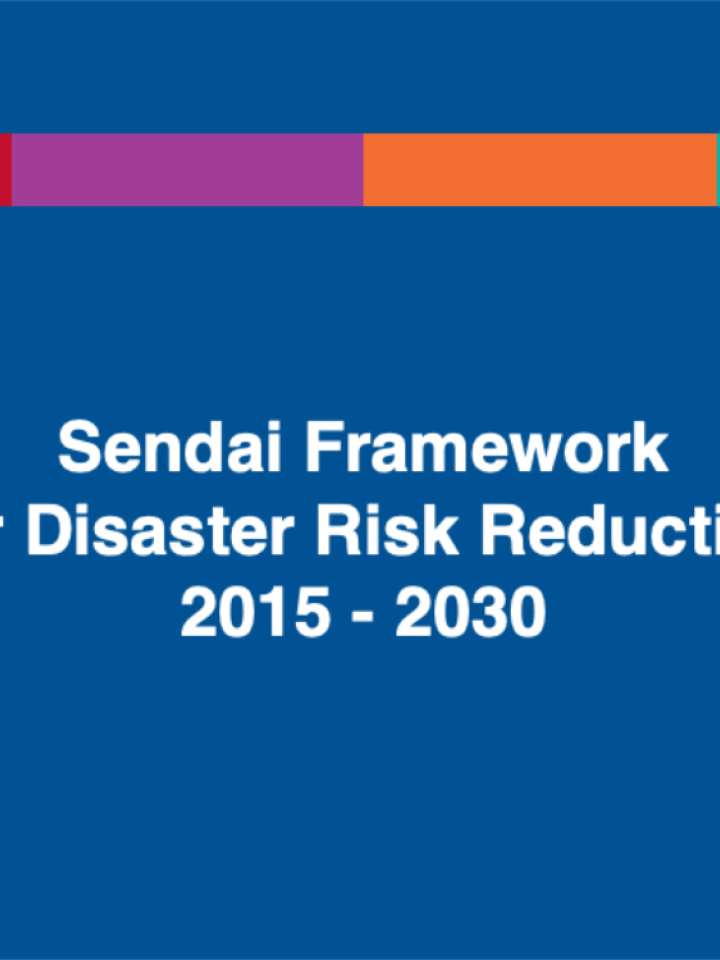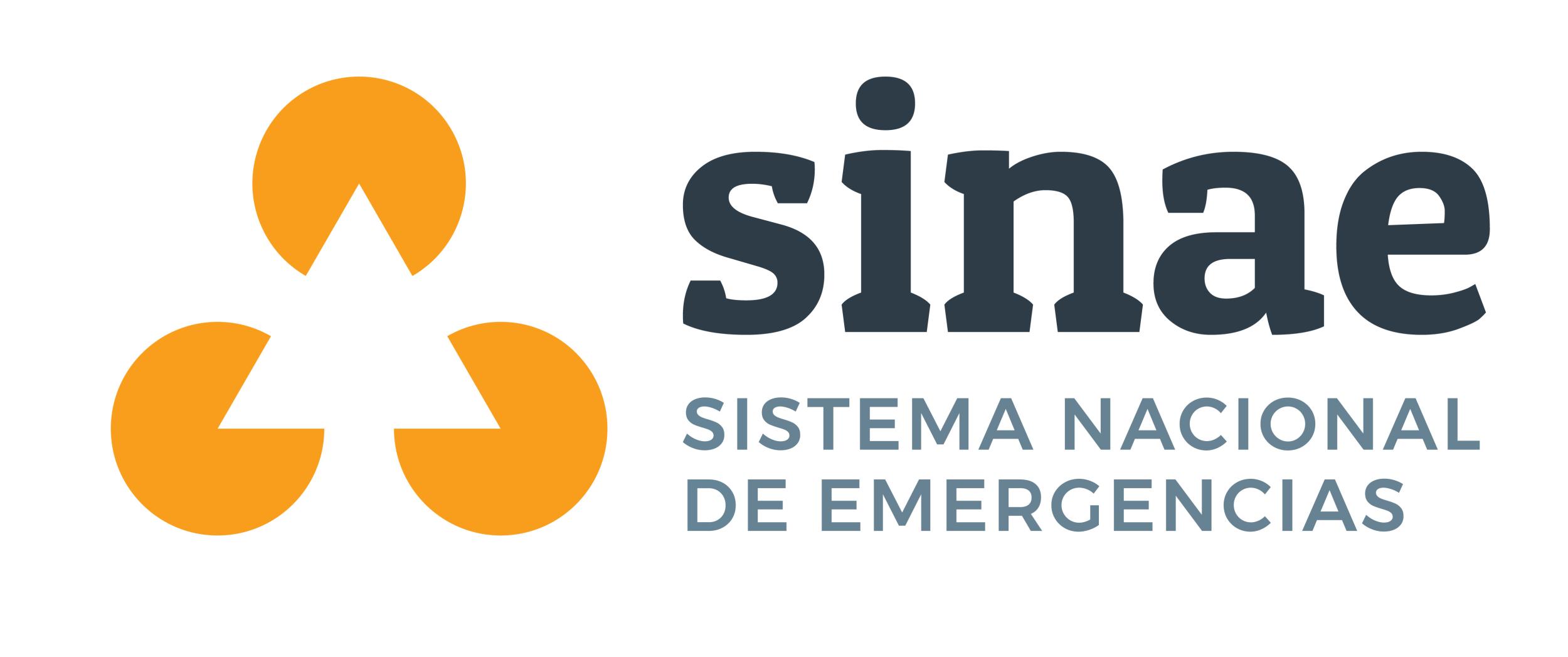VIII Regional Platform for Disaster Risk Reduction for the Americas and the Caribbean
Regional Platforms are recognized by the Sendai Framework for Disaster Risk Reduction 2015-2030 (A/RES/69/283) as critical mechanisms to monitor progress in its implementation at the regional level. They also play an instrumental role in the development of policies and strategies and in the advancement of knowledge and mutual learning at a regional level. Regional Platforms take stock of the implementation of disaster risk reduction strategies that are aligned with the Sendai Framework and assess the level of progress made to identify gaps and priorities and make recommendations for the development of the next Global Platform.
The Regional Platforms for the Americas and the Caribbean are spaces where multiple key partners such as governments (national, subnational and local), intergovernmental organisations, international organisations, non-governmental organisations, scientific and academic institutions, civil society, the private sector, youth, donors and the media come together to share experiences, exchange knowledge and make agreements on the main regional priorities for disaster risk reduction in the Americas and the Caribbean region.
WHAT IS THE RP23
Uruguay has proposed to give a relevant space during PR23 to the topics of science, technology, and Early Warning Systems (Target G of the Sendai Framework), under the slogan “Science and Technology for the Comprehensive Management of Disaster Risk”.
It is necessary to highlight the role of science and technology in the comprehensive management of disaster risk, considering the diversity of knowledge available in the region and in the world. Both the Sendai Framework and the Regional Action Plan state that disaster risk management policies and practices should be based on a thorough understanding of risk. Such knowledge is essential for pre-disaster risk assessment, to promote prevention, mitigation once risk materializes, and the implementation of appropriate preparedness and response measures to manage emergencies and disasters effectively and comprehensively. For all these processes, science and technology are a key factor.
A broad and inclusive participation at RP23 is expected, both in person and virtually, of representatives of member states, intergovernmental organizations, the private sector, civil society, cooperation agencies, United Nations agencies, donors, development banks, scientific, technological, and academic sectors, financial and planning institutions, as well as other relevant stakeholders in the Americas and the Caribbean. These include women's organizations, community networks, youth organizations, volunteer groups, the elderly, people with disabilities, Indigenous and Afro-descendant populations and organizations, migrants and groups living in conditions of high vulnerability. The RP23 represents an unparalleled opportunity for Member States and all these actors to share experiences and good practices, to have a greater impact on knowledge transfer and capacity building, and to reaffirm their ongoing commitment to disaster risk reduction at the regional, national, and local levels.
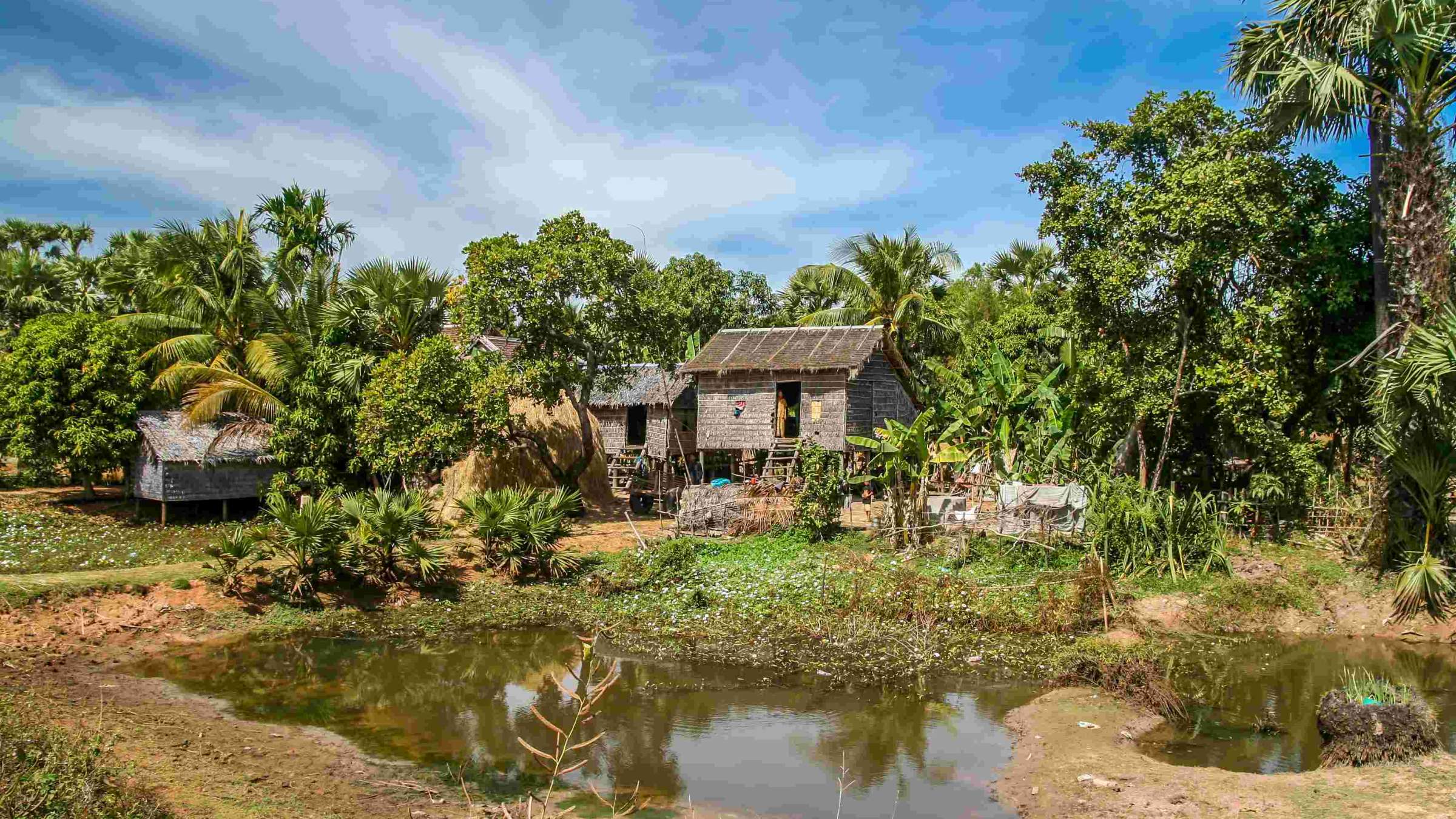
The Regional Platform for Disaster Risk Reduction in the Americas celebrated its first-ever session in Panama City, Panama in March, 2009. This meeting served to bring together representatives from throughout the region to consolidate a message brought forward to the second session of the Global Platform for DRR held in Geneva in June of that same year.

